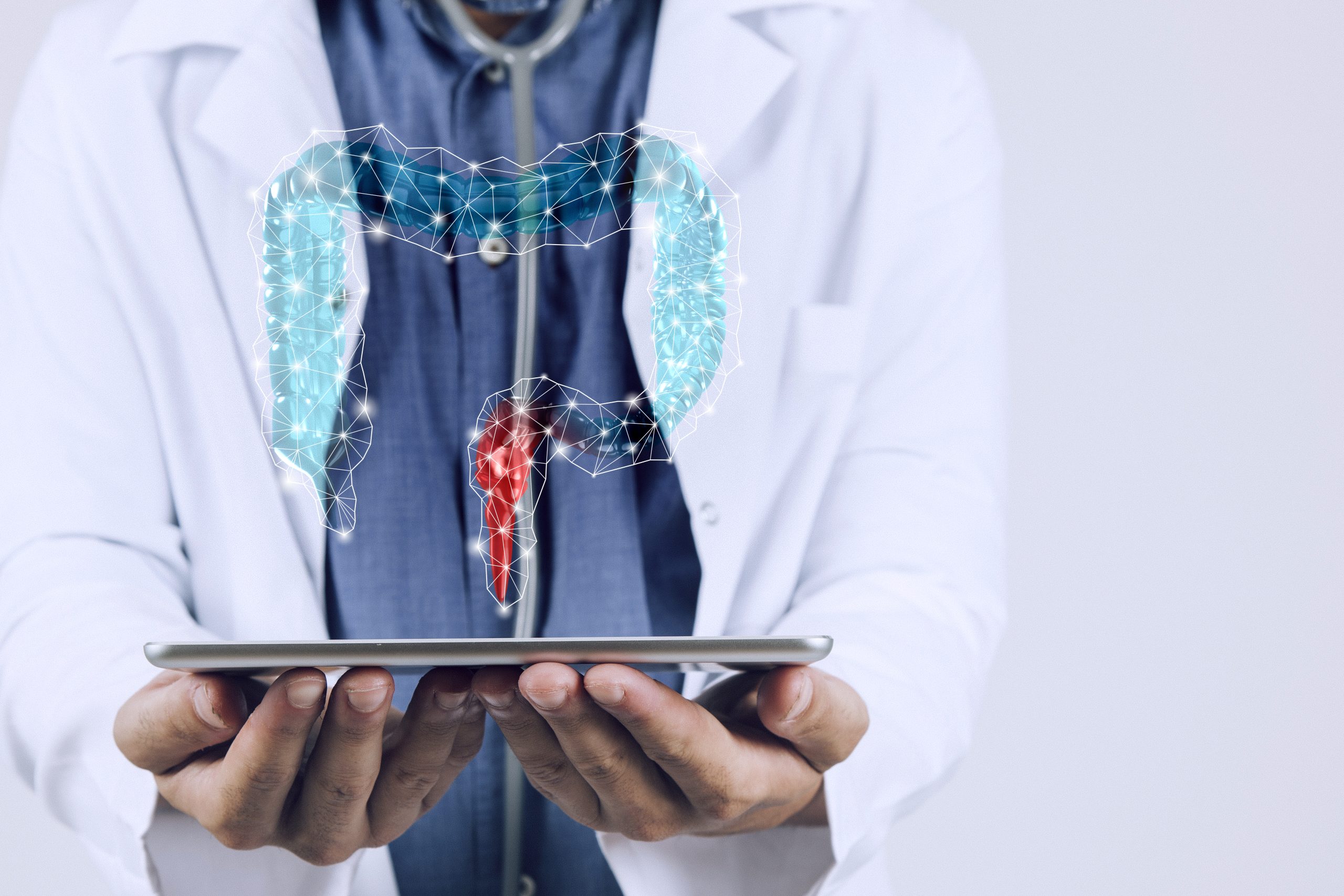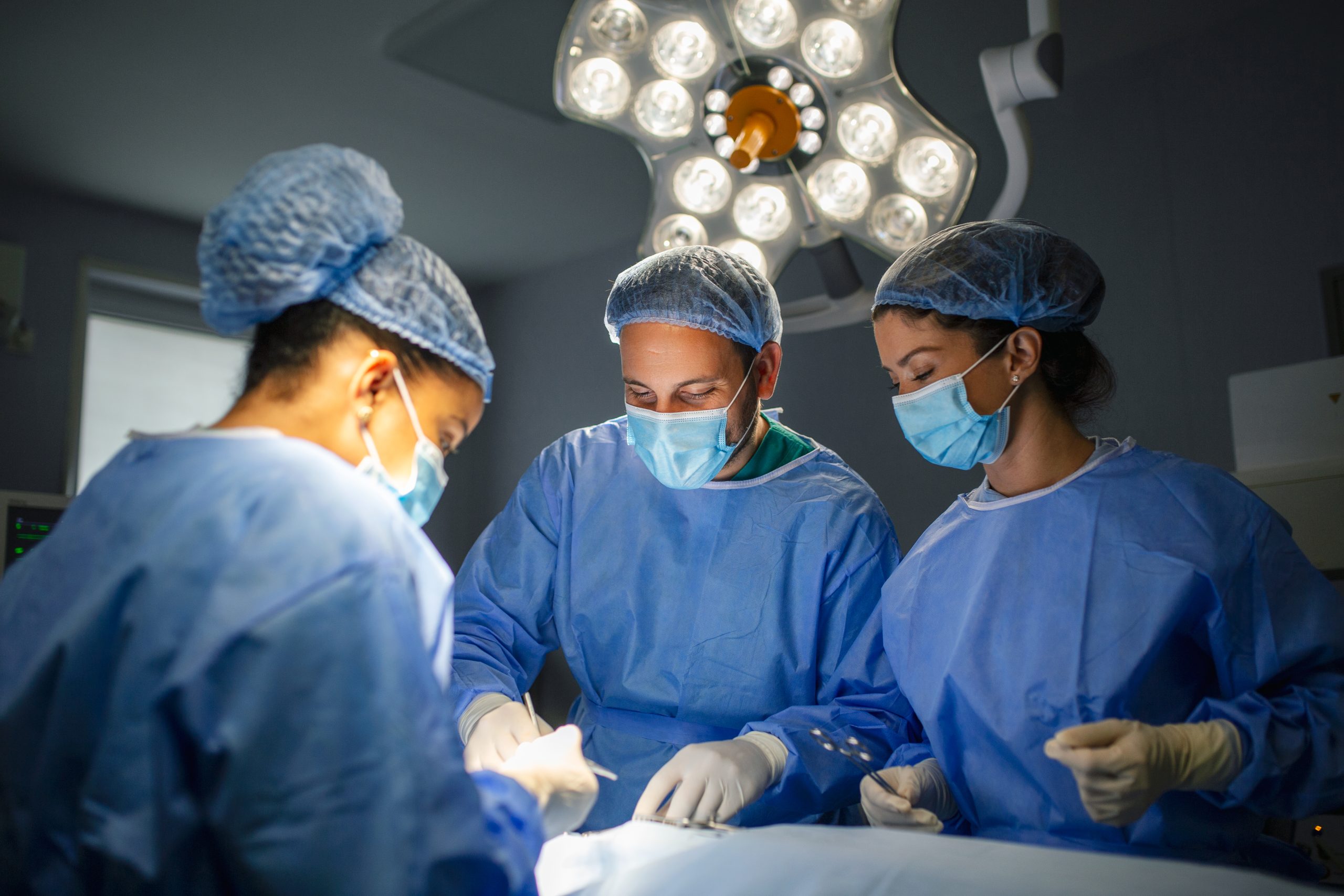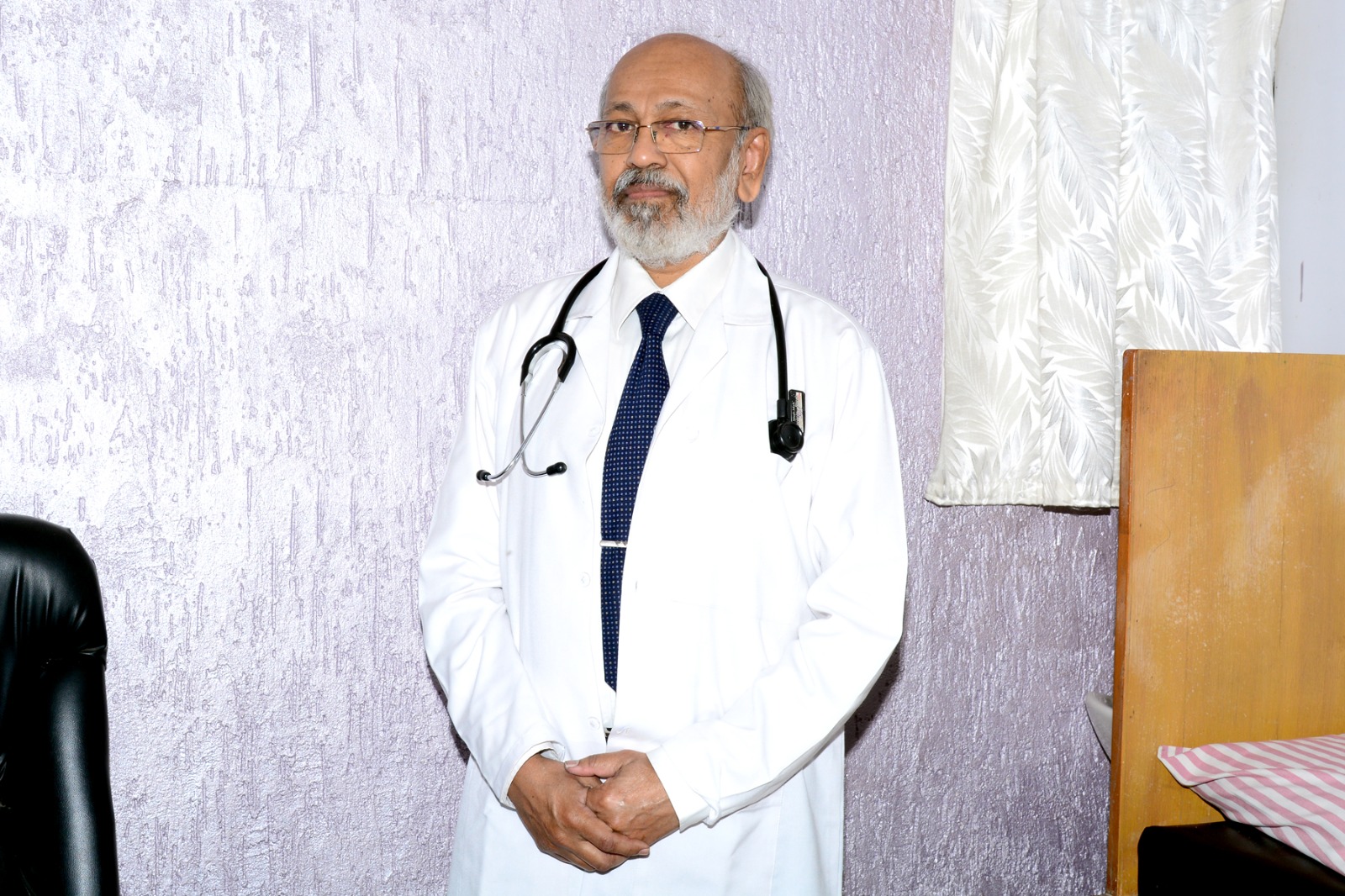Specialities
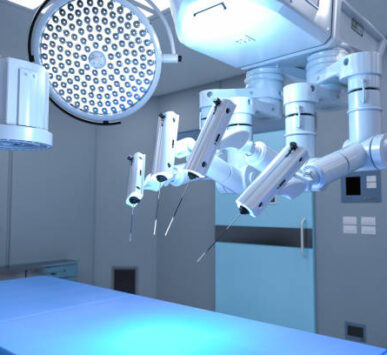
Minimally invasive surgery using robotic arms for precision and control.
Read More
Minimally invasive surgery using robotic arms for precision and control.
Read More
A Digestive Diseases Clinic is a medical facility specializing in the diagnosis, treatment, and…
Read More
An Obesity Clinic is a medical facility that focuses on the evaluation, diagnosis, and…
Read More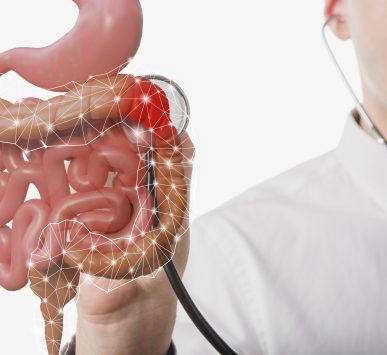
A Hernia Clinic is a specialized medical facility dedicated to the diagnosis, evaluation, and…
Read More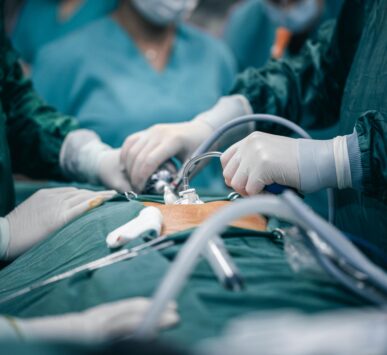
Advanced Laparoscopic Surgery, also known as minimally invasive surgery, is a modern…
Read More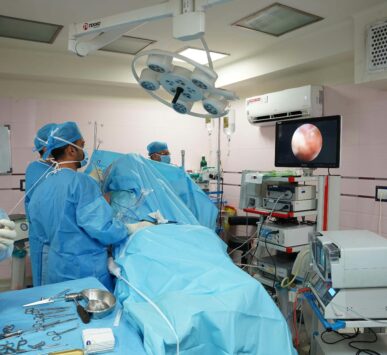
Laparoscopic Hernia Surgery is a minimally invasive procedure used to repair hernias…
Read More
Bariatric Surgery, often called weight loss surgery, is a medical procedure designed to…
Read More
Our Work Process
Proactively revolutionize granular customer service after pandemic internal or “organic” sources proactive human capital rather.
 01
01
Take Appointment
We provide janitorial and Medical services complexes for all types sizes of services.
Get In Touch 02
02
Medical Checkup
We provide janitorial and Medical services complexes for all types sizes of services.
Get In Touch03
Started Treatment
We provide janitorial and Medical services complexes for all types sizes of services.
Get In Touch
Meet Our Doctors
Proactively revolutionize granular customer service after pandemic internal or “organic” sources istinctively impact proactive human

M.S., FMAS, FIAGES, FALS, FIBC is the chief Laparoscopic, GI, Bariatric and Onco surgeon…

MD (medicine) DNB (Medical Gastroenterlogy) Medical Gastro-enterologist & Hepatologist

MBBS, DNB
(Obst. Gynaec)

MBBS, DNB (Gen Surgery)
General Surgeon

MS DNB
Surgical Oncologist
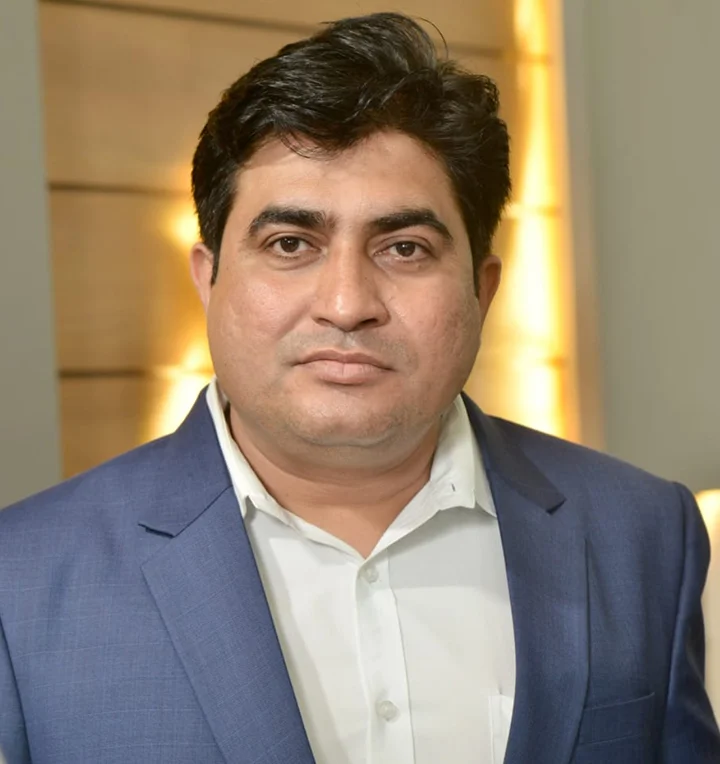
MS DNB Interventional GI Endoscopist
Surgical Oncologist
Abdominal Wall Reconstruction Surgery (AWRS)
Abdominal wall reconstruction surgery is a specialized surgical procedure aimed at repairing and restoring the integrity of the abdominal wall.
Indications:
Hernias: Abdominal wall hernias, including ventral, incisional, and umbilical hernias, often necessitate surgical intervention when they become symptomatic or enlarge. Abdominal wall reconstruction is commonly performed to repair these hernias.
Complications from Previous Surgery: Patients who have undergone abdominal surgeries, particularly multiple surgeries, may develop complications like incisional hernias or weakened abdominal walls. Abdominal wall reconstruction can address these issues.
Trauma: Severe trauma, such as abdominal injuries from accidents or surgeries, may lead to abdominal wall defects. Reconstruction surgery is crucial to restore form and function.
Surgical Techniques:
Abdominal wall reconstruction surgery employs various techniques tailored to the patient’s specific needs:
Primary Closure: For smaller defects, primary closure may be sufficient. The surgeon sutures the weakened or damaged abdominal wall tissues back together.
Mesh Repair: Most commonly, surgeons use synthetic or biologic mesh materials to reinforce and support the abdominal wall. The mesh is placed over the weakened area, promoting tissue regeneration and strengthening the abdominal wall.
Component Separation Technique: In cases of extensive defects or when there is a need to redistribute the tension on the abdominal muscles, surgeons may employ the component separation technique. This involves carefully releasing and repositioning the muscle layers to close larger defects.
Benefits:
Restoration of Function: Abdominal wall reconstruction aims to restore the strength and function of the abdominal wall, allowing patients to regain their ability to perform daily activities without discomfort.
Improved Aesthetic Appearance: In addition to functional improvements, the surgery can enhance the aesthetic appearance of the abdominal area, reducing the visible effects of hernias or surgical scars.
Pain Relief: Patients often experience relief from the pain and discomfort associated with abdominal wall defects after successful reconstruction.
Recovery:
Recovery following abdominal wall reconstruction varies depending on the extent of the surgery and the patient’s overall health. Typically, patients are advised to avoid strenuous activities for several weeks to allow for proper healing. The surgical team provides post-operative care instructions to ensure a smooth recovery.
In conclusion, abdominal wall reconstruction surgery plays a crucial role in restoring the strength, function, and appearance of the abdominal wall when it has been compromised by various factors. It is a specialized procedure that can significantly improve a patient’s quality of life by addressing abdominal wall defects and related issues.














 01
01
 02
02






